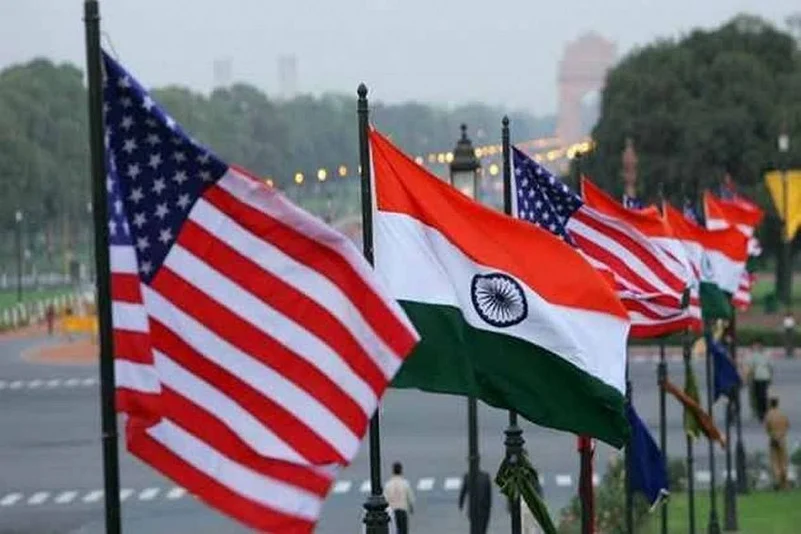The US is closely monitoring the border row between India and China and does not want the situation to escalate, a senior Trump administration official has said.
The official told the reporters during a conference call on Friday, ahead of the next week’s 2+2 India-US Ministerial in New Delhi, that the Trump administration was providing support to India through defence sales, joint military exercises and information sharing.
"We as a government are covering the situation in the Himalayas closely, and understandably. We certainly want to ensure that the situation doesn't escalate," the official said.
"These are all areas where we cooperate with the Indians on, and not just as it relates to the tensions in the Himalayas," the official said.
India and China are locked in a bitter border standoff in eastern Ladakh since early May that has significantly strained the bilateral ties.
Both sides have held a series of diplomatic and military talks to resolve the row. However, no breakthrough has been achieved to end the standoff.
China unsuccessfully attempted to occupy Indian territory on the southern bank of Pangong Lake in the last week of August.
In response to a question, the official, who spoke on the condition of anonymity, said that the US was having an ongoing dialogue with Indian about increased cooperation in Southeast Asia, and not simply about the South China Sea.
"And we encourage their involvement. That cuts across development investments, it cuts across security cooperation, and then it also involves presence. So, we welcome greater Indian participation in Southeast Asia across all three of those areas," said the official.
The senior official's remarks came in the midst of growing global concern over China's expansionist behaviour.
The evolving situation in the Indo-Pacific region in the wake of China's increasing military muscle-flexing has become a major talking point among leading global powers.
The US has been favouring making Quad a security architecture to check China's growing assertiveness.
China is engaged in hotly contested territorial disputes in the South and East China Seas. Beijing has also made substantial progress in militarising its man-made islands in the past few years.
Beijing claims sovereignty over all of the South China Sea. But Vietnam, Malaysia, the Philippines, Brunei and Taiwan have counterclaims. In the East China Sea, China has territorial disputes with Japan.
The South China Sea and the East China Sea are stated to be rich in minerals, oil, and other natural resources. They are also vital to global trade.
Although the US lays no claims to the disputed waters, it has challenged China's growing territorial claims in the South China Sea by deploying warships and fighter jets to assert freedom of navigation and overflight patrols in the strategically vital region.

























